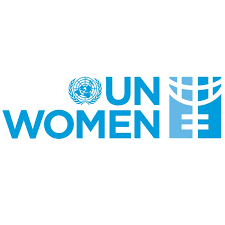Recognizing that the IASC’s formulation and working structures are subject to change and that the means of integrating gender into humanitarian action are ever evolving in terms of practice and focus, as per the global humanitarian context, the IASC 2017 Gender Policy calls for a review after five years (2017-2022).
This will also involve an adjustment of the Accountability Framework logframes and indicators to keep it in line with the standards and designated of the updated Gender Policy. The review will also serve as an opportunity to better integrate the actions endorsed in the Management Response Plan to the Inter-Agency Humanitarian Evaluation on Gender Equality and the Empowerment of Women and Girls in Humanitarian Settings.
The review process will also provide an opportunity to review the Gender Accountability Framework (GAF) reporting process to encourage wider engagement, buy-in and utilization across the IASC. For example, in nine pilot countries[1], UN Women is establishing a process of localized accountability frameworks based on the IASC field level AF logframes and indicators, to facilitate country level buy-in, recognition of strengths and weaknesses in terms of policy delivery and encourage action to adjust practices as needed.

